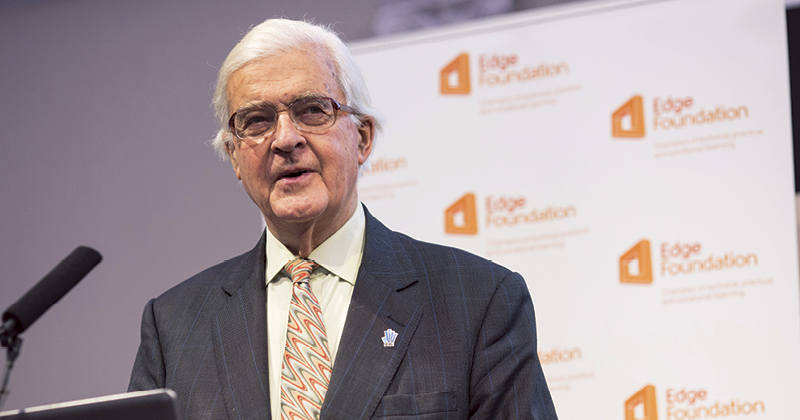The government is remaining tight-lipped over whether results of a surprise second allocation window for the register of apprenticeship training providers will be unveiled before the key reforms go live.
The first round of applications for the new register, which providers have to be on if they want to deliver apprenticeship starts from the start of May, closed for applications on November 25.
The Skills Funding Agency then announced on February 8 that it “will reopen the register for new applicants and/or those who were unsuccessful in their initial application.
“The re-opening will be soon after the first planned publication, probably in March,” a spokesperson added.
She said that exact timetables will be communicated through the “usual media channels” and the application process would follow the same format as the first opening.
FE Week asked the department that evening if this was a panic measure to bring in more providers, and if the results of this second window would now be published before the May 1 date when the new apprenticeship levy and associated reforms will go live.
A spokesperson finally responded in-part today, insisting that this isn’t a sign of panic.
But the question over when the results of the second process will be published remains unanswered.
The SFA warned just hours before the first on register deadline on November 25, that some providers had been failing to follow instructions and applying via more than one route.
It also reminded providers that ITTs should be submitted as well as a main route application – but despite this, FE Week understands not all providers knew they needed to submit the separate ITT.
Providers could apply to be on the register via three routes.
The main one was for all colleges and independent training providers who wanted to deliver training to levy-paying employers, either directly or as a sub-contractor.
The supporting route was an “entry route to the apprenticeship market for organisations that offer a specialism, and providers who only want to deliver as a subcontractor”, according to the SFA’s guidance.
The employer-provider route was for companies that wish to deliver apprenticeship training to their own staff.
In addition, providers that wanted to deliver apprenticeship training to non-levy paying employers could also submit an invitation to tender alongside a main route application.
FE Week reported last November that a quarter of apprenticeship providers had opted against the latter route.
A total of 1,753 providers applied to the register to be able to deliver training directly or as a sub-contractor to large, levy-paying employers.
Of these, just 1,310 – or 75 per cent – also applied to deliver training to smaller, non-levy paying employers.
This meant that 25 per cent of providers turned down the opportunity to receive an allocation to deliver apprenticeships to companies that won’t be subject to the levy – despite them making up the overwhelming majority of businesses in England.


 underrepresented groups, including those with disabilities, women, and members of the black, Asian and minority ethnic communities, onto apprenticeships.
underrepresented groups, including those with disabilities, women, and members of the black, Asian and minority ethnic communities, onto apprenticeships.